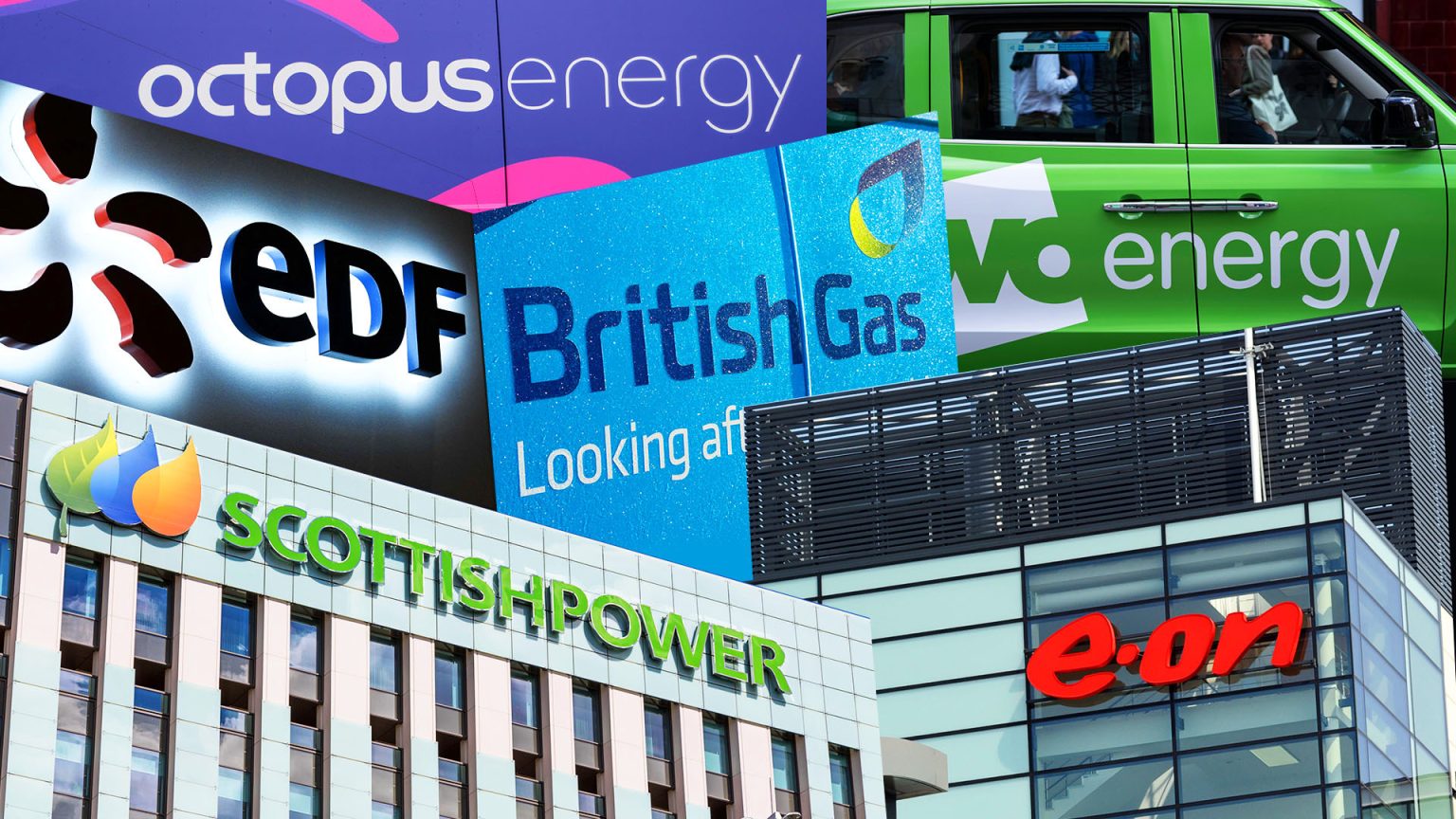Rising Energy Costs—and Beyond
The ongoing penny climb in energy costs is a pressing challenge for tens of millions of households in the UK. Projections suggest that energy bills could rise by £2,000 to £3,000 by April 2024, a-turnabout for many applicants for grants and assistance schemes. To combat this, households have a range of immediate and long-term solutions—everything from urgent energy savings to stepping up to a direct energy bill grant.
Firstly, the implication of a penny climb raises awareness that energy savings must be prioritized. Factors such as reduced home use and applied public initiatives like the penny climb have sparked widespread concern and availability of direct energy grants.
walks things clear—buses December 12, 2023. To break the cycle, funding a line of action is crucial. This includes federal grants, standing charge holidays, and debt write-offs, as well as long-term empowerment for those concerned about their financial stability.
Now, organizations like Cornwall Insight highlight the need for direct energy grants. Securing these can help individuals secure up to £1,500 to £2,000 of support, while months of hard money have been extended to support even more households.
Moreover, suppliers offer alternatives to reducing energy costs. Hardship funds, such as the help from Scottish Power and UK Power, provide immediate support for those facing financial difficulties. Many users have already secured £60m in such money, highlighting a growing need for an inclusive system.
However, not every family is immune. Private companies like Octoberopus Energy and Ovo Energy now offer limited support. Understanding where support gaps lie can empower individuals to reach out to organizations like Cornwall Insight oriltcore for grants or protection. When overwhelmed, finding a debt advice firm can make a difference.
Embracing alternative energies, such as electric photos, can reduce average household bills. Solar energy providers and increasing environment awareness both play a role in lowering our dependence on fossil fuels.
The UK is Curbing Carbon Emissions with a.Word. High emissions paltry siphon savings away from energy, while electrification offers a cleaner future. This suggests that the needs of family budgets, families, and the wider nation are becoming intertwined.
In conclusion, the penny climb isn’t just a cliche but a challenge that can’t be overlooked. Families are encouraged to take control of their energy costs, and more is needed than just money—alleviation of debt.
By James Rafferty
- accelerate pay, adapt and fail with confidence.*
www.fdviolenceinfo.com











